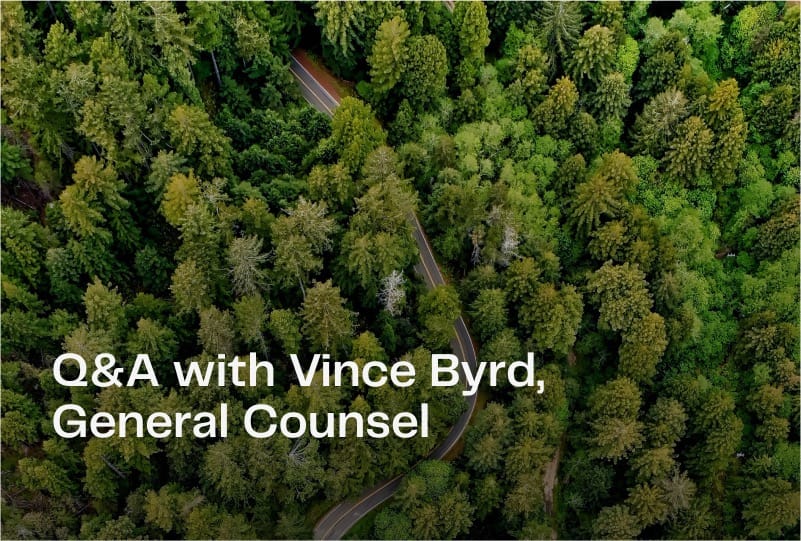When Profits Follow Sustainability, Earth Day Becomes a True Celebration

Sustainability is forcing some difficult conversations in both boardrooms and C-suites everywhere. That’s a positive shift. But forced conversations rarely produce meaningful change. Companies shouldn’t just report their annual carbon footprint in a PDF and forget about it — they should focus their energy toward managing it like any other significant financial cost.If leaders are reluctant to introduce sustainability into their business models, then we need new leaders and new models. That’s why I’m incredibly proud of the work we’re doing at Flock Freight. Together, we have created a new model for sustainability in an industry reluctant to change. Last year, we moved 810 million pounds of freight carbon neutral and saved over 34 thousand metric tons of CO2e — and we did it by saving shippers money and helping carriers earn more. But a moment in time is not enough. We need to continue pushing our industry forward. In our most recent study, we found that 45% of truckloads ran half-empty in 2022. That’s a lot of wasted space and unnecessary carbon emissions — all of which present new opportunities to change the world by finding and filling a truck.I always say, “If you want to make an impact, pool more freight.”Here’s how we are getting it done today, tomorrow, and 365 days a year.
Squaring sustainability, profitability, and compliance
The bigger the business, the greater the pressure to report their environmental impact. Typically, companies and investors have focused on the EPA-defined scope 1 and 2 emissions, which are created by direct manufacturing or energy use. They’ve left scope 3 emissions — those created indirectly across their value chain — on the table. With reporting requirements tightening and consumers growing more conscious toward their own impact, businesses need new ways to meet their carbon pledges. Scope 3 emissions include a vast range of business activities, from transportation to travel to investments — reducing them enables companies to unlock new ESG metrics every year.That’s where Flock Freight comes in. As a tech company whose machine learning technology fills trucks to capacity, our emissions reductions fall under scope 3. Choosing shared truckload allows companies to gain a regulatory advantage — and a profit boost — by slashing those emissions.And we’re making it even easier for companies to take advantage of it. Our Frequent Flocker program incentivizes companies that complete more than 60 shipments in a month by automatically applying carbon offset credits to all their FlockDirect® shipments the following month.Between profitability and sustainability, we believe shippers can have both. They may need both, too — especially as our economy transitions more aggressively toward clean energy.
Immediate solutions for long-term challenges
In California, recent policy proposals to standardize electric freight vehicles are raising many questions. Can small- and mid-size companies afford to bring an all-electric fleet online? Can we charge them affordably at scale? Who will sink or swim as a result? These questions create the forced conversations that many CEOs are afraid of. Imagine for a moment that tomorrow, electric-powered trucks replaced every last unit of their diesel-burning predecessors. In our current freight market, many of them would still travel with significant empty space a substantial portion of the time. That’s because businesses are limited by their shipping options, forcing them to constantly send entire 18-wheelers across the country without enough goods to fill them to capacity.Businesses need immediate solutions, not more reasons to dread the future. If profitability is the barrier to sustainability, let’s cross that bridge now. We need complementary solutions that make our goals achievable. Flock Freight is proof that it’s possible. In one of the most carbon-intensive, slow-to-modernize industries in the country, we’ve found a way to slash emissions by 40%. How? By looking for the problem we can solve today: Businesses can’t magically afford to replace their diesel-burning trucks, but they can stop paying to ship air.Caring for the earth isn’t about choosing sustainability over profitability, or tomorrow’s technologies over today’s. It’s about rejecting our fixed mindset that forces unnecessary trade-offs between profits and sustainability. It’s about creating incremental solutions to build the world that we dream of. That’s how I started Flock Freight: finding and filling as many trucks as possible. Today and every day, I’m proud to say that our business thrives off sustainability — and vice versa.





